Maria shares the inspiration behind the story:

When I was eight years old, I came to the United States and didn’t speak English. My parents were afraid of public school because we were undocumented. So they enrolled me in a tiny parochial school called St. Mary’s. There was no ESL class in my new school, so they put me in a regular classroom while the teacher and kids spoke an indecipherable tongue. How would I ever understand anything? I wondered. I remember the despair and the enormity of the feeling. My first relief came at math class. Numbers! Numbers I recognized. I would start there and decipher things one little bit at a time.
I gave that relief of math class to Ana, my main character in LOVE IN ENGLISH, and many of the other thoughts and dreams and dreads I once had as I learned English. Ana was a poet in her native Argentina and feels like the thing that she most relied on – her voice – has gone away in her new life. She is a bit older than I was – sixteen – so her problems are different than the ones I experienced. There’s Harrison, the oh-so-cute American boy she wants to get to know but can’t understand. There’s Neo in her ESL class (the ESL class I wish I’d had!) who shares her experience of being new in the U.S. and who offers her friendship as they navigate this new language.
So there’s a love story at the heart of LOVE IN ENGLISH, but, to me, the real love story is the one with the English language. Despite my tough start, I soon found solace in books, words revealing themselves easier than spoken language did. English could be maddening at times (why rough, bough, dough, cough?) but in its intricacies it revealed a magical cleverness, a complicated history.
I was the one kid in class absolutely absorbed when our high school English teacher played us an episode of the PBS series, The Story of English. I learned about Beowulf, the Angles, the Saxons, William the Conqueror, the church, all bringing their own languages into this crucible where English was born. That same teacher read us Chaucer in the original Middle English. She made me see language as a living thing, subject to the push and pull of conquests, the words of the kitchen vs. those of the drawing room. I devoured everything I could read. I marveled at Nabokov and his non-native speaker’s playfulness with the language, turning it over on the page like a pretty object which reveals another facet if you see if from a different angle.
So it was this love of language I worked to bring to LOVE IN ENGLISH. It's all one immigrant’s ode to the language that at first concealed itself and then revealed itself magically, generously. I love my native Spanish, the language of lullabies and my mother’s stories, the first tongue that springs to mind when I stub my toe. But there are the loves we’re born to and the ones we choose. And I choose English with my whole heart. I hope it shows in LOVE IN ENGLISH.

Maria E. Andreu is the author of Love in English (Balzer + Bray, 2021), an Indie Next Pick and Junior Library Guild Gold Standard Selection, as well as an upcoming book (B+B, 2022) . Her work has appeared in Literary Hub, Teen Vogue, Newsweek, The Washington Post, NJ.com, and the Newark Star Ledger.
Her debut young adult novel, The Secret Side of Empty is a Junior Library Guild Selection, a National Indie Excellence Book Award winner, an International Latino Book Awards Finalist and has been called “captivating” by School Library Journal. She lives in New Jersey.
A fresh, breakout YA novel that is layered with themes of immigration, cultural identity, and finding your voice in any language.
Sixteen-year-old Ana is a poet and a lover of language. Except that since she moved to New Jersey from Argentina, she can barely find the words to express how she feels.
At first Ana just wants to return home. Then she meets Harrison, the very cute, very American boy in her math class, and discovers the universal language of racing hearts. But when she begins spending time with Neo, the Greek Cypriot boy from ESL, Ana wonders how figuring out what her heart wants can be even more confusing than the grammar they’re both trying to master. After all, the rules of English may be confounding, but there are no rules when it comes to love.
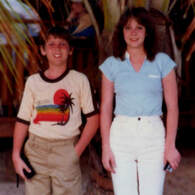






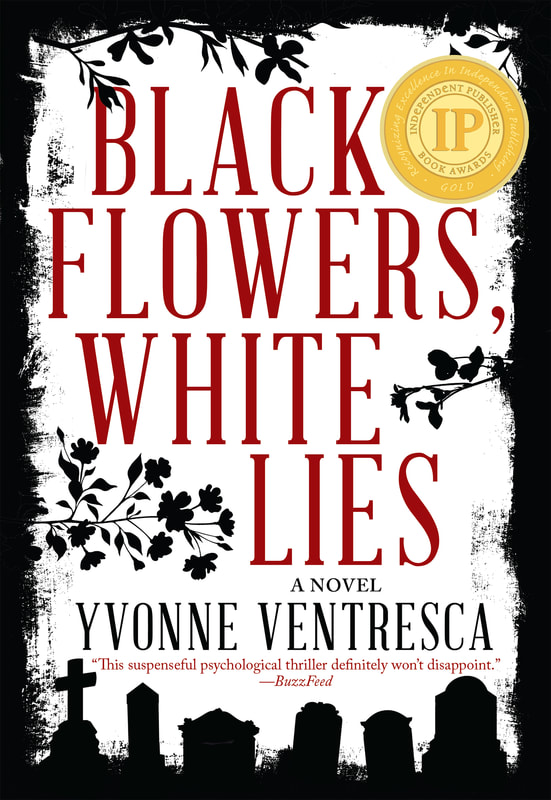

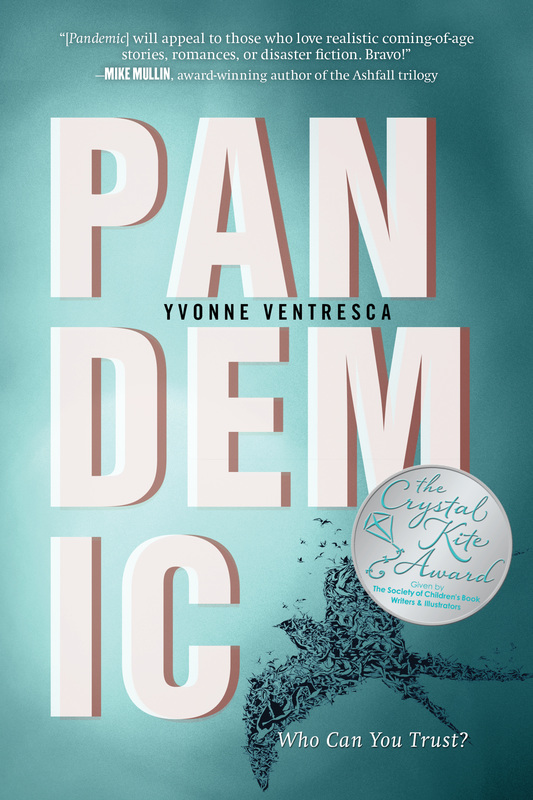
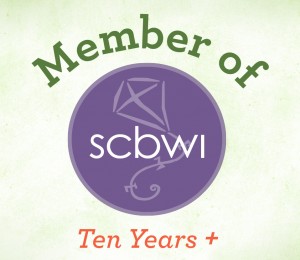


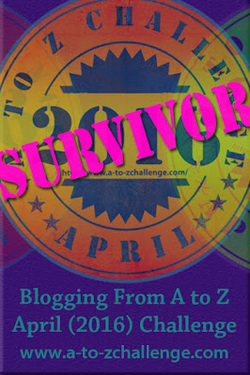

 RSS Feed
RSS Feed